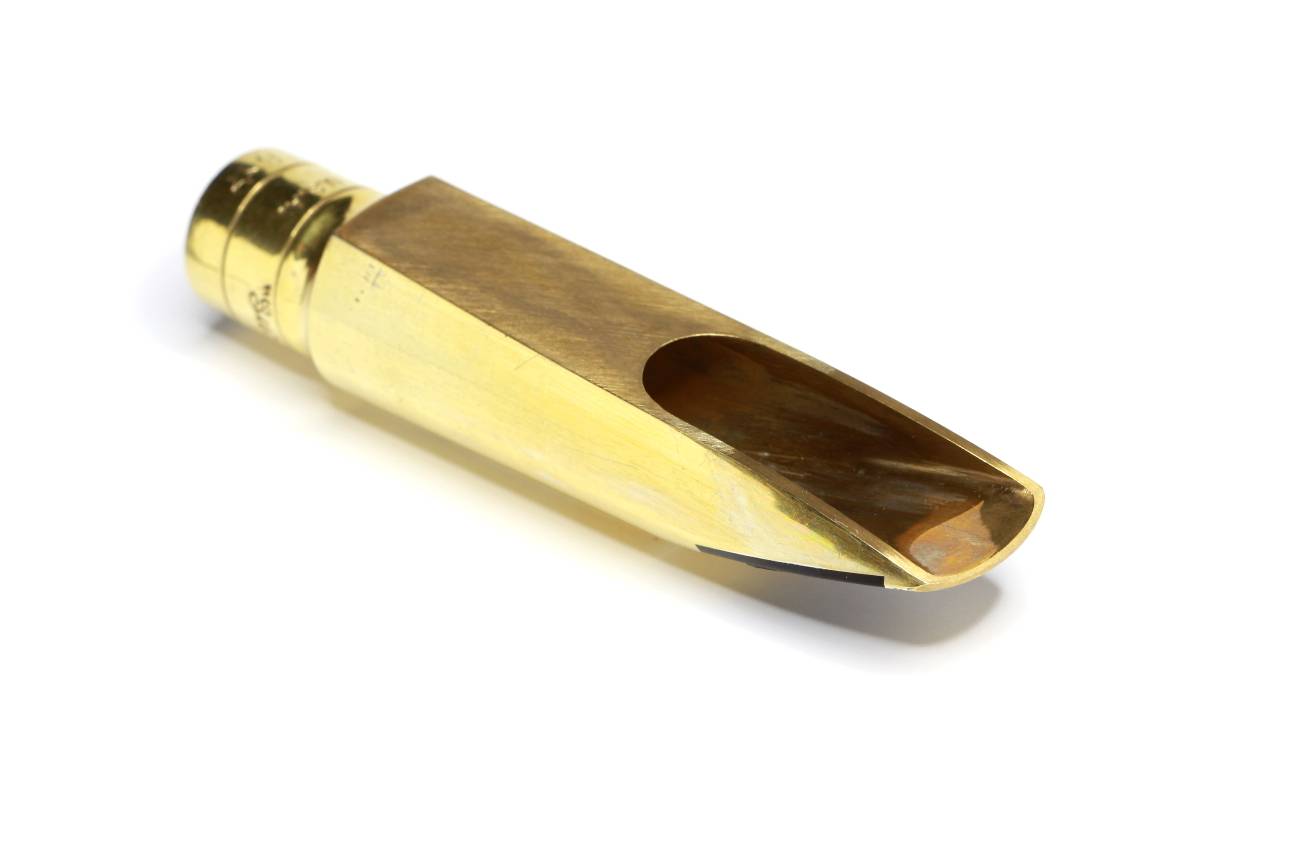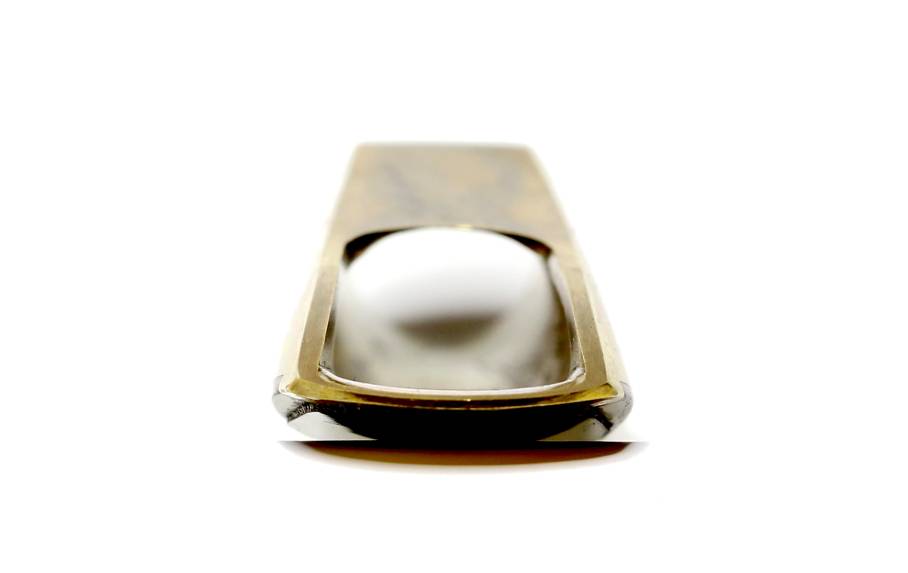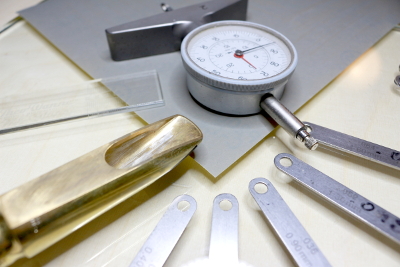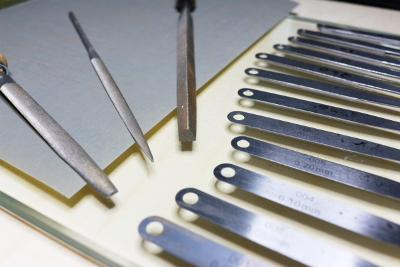Refacing in a nut shell
Why Refacing?
For sound production, the quality of your mouthpiece can't be underrated. Unfortunately you find many mouthpieces out there, that don't meet the necessary requirements to fulfill their task. Poor production quality leads to poor response, poor attack, thin or stuffy tone and reed pickyness.
By doing a refacing job on such a mouthpiece, all parameters that are connected to a full and rich tone are corrected and optimized. In result, you get an easy blowing, full sounding piece with a high dynamic range. That makes it easier for you to produce the desired tone and realize musical ideas, because the tool for it - the mouthpiece - now works.
What is done?
Using special tools, measuring methods and experience, certain parameters of the mouthpiece are corrected and adjusted.
- The table gets a concave cut, for a better reed sealing between reed and table.
- The rails are corrected to become symetrical and get a facing that matches the calculated facing curve.
- The tip rail gets adjusted to the reed shape and the baffle gets an optimal cut and polishing.
In a refacing job, it is possible to adjust the opening of the piece in a certain range.
By using a computer assisted analysis, a maximum precision is achieved which results in very high quality refacing job.
Since material has to be removed by doing a refacing, the plating of a metal mouthpiece is removed on the rails, table and baffle area. If desired, the mouthpieces can be re-plated. For rubber mouthpieces, no change on the surface occurs.

Do I need it?
Some folks may be surprised, how easily and beautifully a saxophone can be played, if the mouthpiece allows that. So what are the major things, that make a mouthpiece a really good mouthpiece?
- It blows even with loose embouchure, easily and soft at low volumes without closing up at higher volumes. The air stream immediately becomes sound.
- Its frequency spectrum is full and sound can be modulated very well.
- Most reeds do play.
- All along a session and also after breaks, the good response of the reed remains the same.
If your mouthpiece can't do this, think about a refacing!
Note that the sound of your mouthpiece will most certainly be altered in a refacing job. That is because parameters like response and sound are connected to each other. Tuning one will affect the other. So make sure you got this, before you let change your favourite mouthpiece.
Conclusion
Originally stuffy mouthpieces get a much brigther and brilliant sound. Easy response increases the endurance of your embouchure and lets you play longer without fatigue.
A good mouthpiece inspires the player. New sound concepts get into reach and your dynamics improve.
Be inspired!






